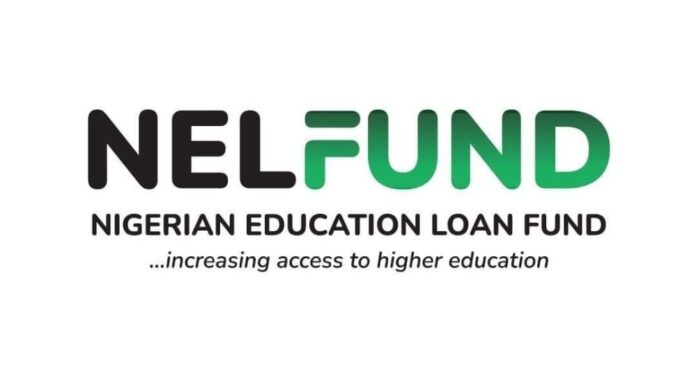The Nigerian Education Loan Fund (NELFUND), the statutory body managing the student loan scheme initiated under the Renewed Hope Agenda of President Bola Ahmed Tinubu, has raised a serious alarm regarding fraudulent practices allegedly perpetrated by some public tertiary institutions across the country. Despite the disbursement of over N20 billion to eligible students, recent investigations by NELFUND have revealed troubling reports that certain institutions continue to demand payments from students for tuition and related institutional fees. This demand persists even though the institutions have already received full financial disbursements on behalf of those students.
According to an official statement released by NELFUND, the misconduct involves these institutions deliberately withholding key information from student beneficiaries about the status of their loan disbursements. As a result, many unsuspecting students are kept in the dark and are being compelled to raise funds independently to fulfill fee obligations that have already been settled by NELFUND. This deceptive practice, according to the Fund, has led to unnecessary financial strain for students who should be enjoying the relief intended by the scheme.
Akintunde Sawyerr, Managing Director of NELFUND, has condemned this behavior in strong terms, describing the actions of the culpable institutions as unethical and a betrayal of the core objectives of the loan program. He emphasized that the deliberate concealment of disbursement information and the extortion of students not only undermine the integrity of the loan initiative but also constitute a breach of public trust and federal regulations. Sawyerr stated that institutions found engaging in these acts will face legal repercussions as NELFUND is prepared to initiate litigation to hold them accountable.
The Fund reiterated its commitment to ensuring transparency in the administration of the student loan scheme and appealed to all institutions to collaborate in good faith. Sawyerr highlighted that the student loan program is designed to support financially disadvantaged students, and any attempt to frustrate this process is tantamount to sabotaging the government’s effort to increase access to education and reduce poverty through academic empowerment.
To date, NELFUND has successfully disbursed funds to 192,906 students enrolled in public tertiary institutions nationwide. Some of the major beneficiaries include Bayero University Kano, which received over N1.3 billion for 11,683 students; the University of Maiduguri, which was allocated N1.27 billion for 12,198 students; and the University of Jos, which obtained N941 million for 6,988 students. Additional disbursements include N909 million to Federal University Dutsin-Ma for 8,978 students; N746 million to the University of Ibadan for 4,907 students; N593 million to Federal University Dutse for 5,451 students; N578 million to Usmanu Danfodiyo University, Sokoto for 6,480 students; and N557 million to the University of Lagos for 3,685 students.
These funds were allocated following a verification process that begins with student applications to NELFUND and culminates in institution-level confirmation before approval and disbursement. The system is designed to ensure transparency and accountability at every stage of the loan lifecycle. However, the recent findings have cast a shadow on the credibility of some institutions participating in the program.
Meanwhile, NELFUND has reported receiving over 400,000 student loan applications. In response, it has forwarded lists of approved applicants to various tertiary institutions for the next phase of verification, urging eligible students to complete this process promptly to secure their loan disbursements. The Fund has reassured applicants of sufficient funds and is urging institutions to act responsibly and under federal guidelines.
In the wake of these revelations, public attention is now focused on the institutions implicated in the extortion claims. Stakeholders in the education sector, including students, parents, and civil society groups, are calling for swift action to protect the integrity of the loan program and safeguard students from exploitation. As the deadline for verification draws near, the pressure mounts on universities to comply with NELFUND’s directives—or face the legal consequences of breaching the trust placed in them by both the government and the Nigerian populace.

